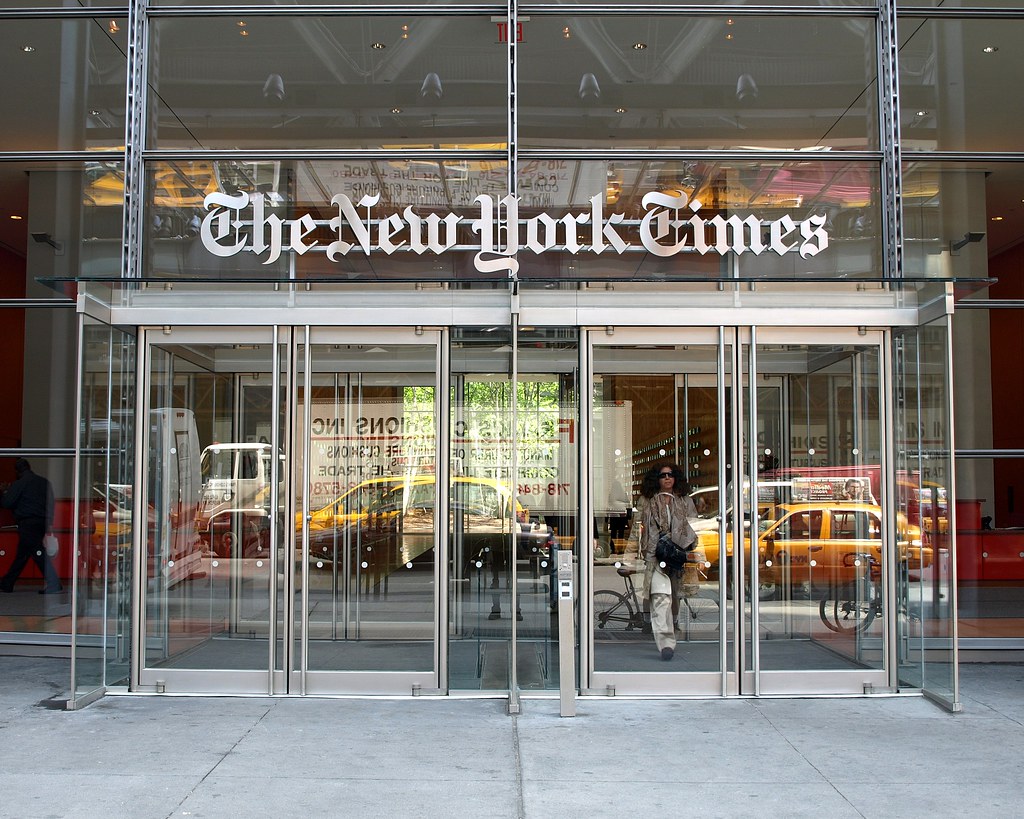
The New York Times has escalated its legal battles with generative AI companies, this time targeting Perplexity AI, an Amazon-backed startup, for allegedly using its content without permission.
According to a cease and desist letter reviewed by The Wall Street Journal, The New York Times has accused Perplexity of violating copyright law by using its “expressive, carefully written and researched, and edited journalism” without a proper license. The letter claims Perplexity has been “unjustly enriched” by this unauthorized use and has given the startup until October 30 to respond before potential legal action ensues.
Perplexity is not the only AI company facing legal challenges from the publisher. The New York Times has already filed a lawsuit against OpenAI and Microsoft, claiming both companies used more than 66 million articles spanning nearly a century from its archives to train AI models, including ChatGPT. This case highlights a growing concern among publishers regarding how their content is used by AI systems, which typically scrape vast amounts of data, sometimes without permission.
AWS Reviews Perplexity’s Actions
Perplexity AI, which is backed by Amazon founder Jeff Bezos, has faced similar accusations of web scraping from other publishers. Over the summer, Wired reported that Perplexity was under investigation by Amazon Web Services (AWS) for using its servers to access and scan Condé Nast publications without proper authorization. AWS had initiated a review after discovering that a machine hosted by Perplexity repeatedly visited Condé Nast’s websites to collect data for its AI-generated outputs.
A recent study by Copyleaks, a tool used to detect plagiarism and AI-generated content, confirmed that Perplexity was able to summarize paywalled content from a variety of publishers. Despite these allegations, Perplexity has introduced an ad-revenue sharing program to give back to publishers whose content it uses.
The company’s CEO, Aravind Srinivas, has expressed interest in collaborating with The New York Times, stating, “We have no interest in being anyone’s antagonist here” and reaffirming the company’s openness to working with publishers to address their concerns.
Featured Image courtesy of Flickr
Follow us for more updates on The New York Times’ copyright dispute with Perplexity AI.
